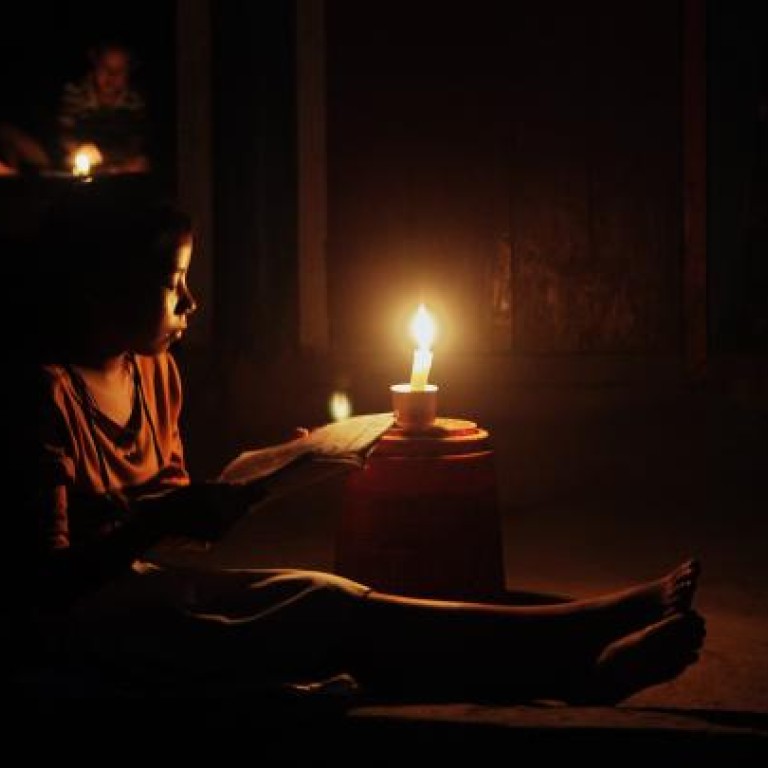
The poor needs the gift of light
Steve Huff calls on governments and business to help the millions with no access to electricity
Technology moves fast. But often the impetus to make it work for social ends lags behind. In an attempt to relate how far technology can come in a short time, I often tell my children the story of when my father first experienced the power of electric light.
Born in 1936 in Kentucky, US, he knew the pressures of growing up in poverty. His family, like others in the area, burned wood for heating and lit their home using a kerosene lantern. At the age of 11, he moved to a farm in southern Indiana. He remembers walking into the farmhouse and spending five minutes, awestruck, flicking the electric light on and off. Having clean, bright light changed his life. Homework at night, after his chores, was no longer a battle with the unsafe, inefficient light of the lantern. He worked hard and went on to become a doctor.
Such experiences are too rare in today's Africa. The "New Deal" attitude that drove the technological changes that transformed his life in post-Depression America is not present. There will be no large infrastructure development to light people's homes; the funding isn't there and the scale of the problem is too great.
The World Bank reports that there are 590 million Africans and 800 million in Asia without electricity. Consequently, many people die each year from indoor pollution, inhaling the equivalent of two packs of cigarettes per day in kerosene fumes. Indeed, poisoning from kerosene is now thought to kill more children in Africa than tuberculosis and HIV/Aids combined. It is, then, little wonder that an absence of clean, affordable lighting is recognised globally as a key factor trapping people in poverty by inhibiting quality of life, study or work.
In 2007, the World Bank and International Finance Corporation started the Lighting Africa initiative, using a market-based approach to solve the lighting challenges of Africa. The goal is to replace kerosene with off-grid lighting solutions using LED/solar technology.
This month in Dakar, Lighting Africa will hold its annual conference. Delegates will hear of the many successes in Africa. But we must work hard to guarantee greater success. Addressing challenges requires investment from governments, input and support from the community of non-governmental organisations but, most importantly, it requires the private sector to innovate new technologies and be willing to take a risk on the African market.
I still have my father's kerosene lantern and show it to my children when I tell them stories of his childhood. We must ensure there are children in Africa today who will tell their children of the time they first turned on a light and it changed their lives.
